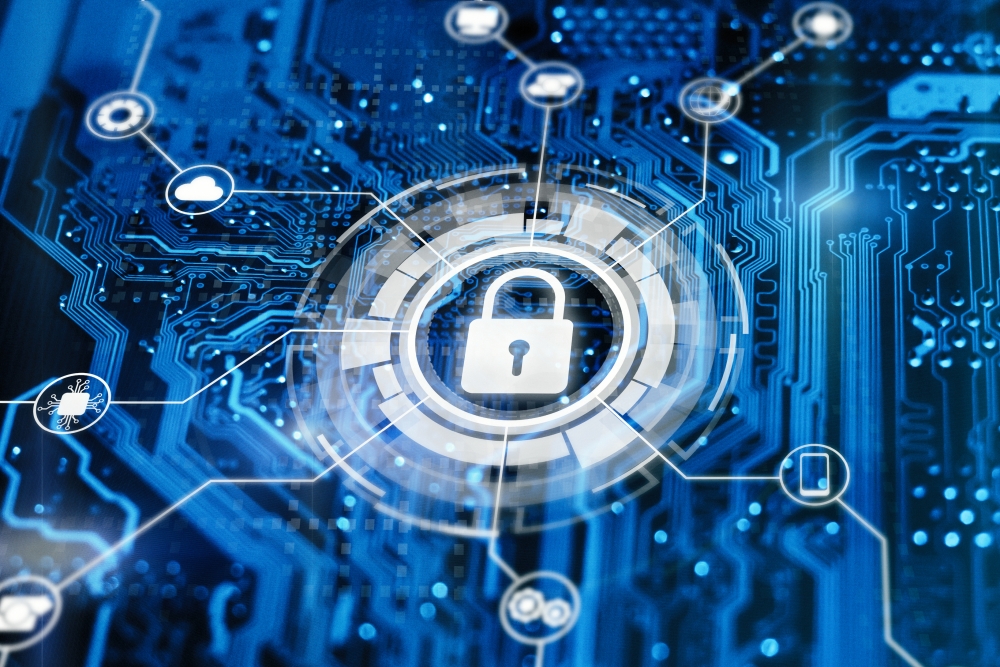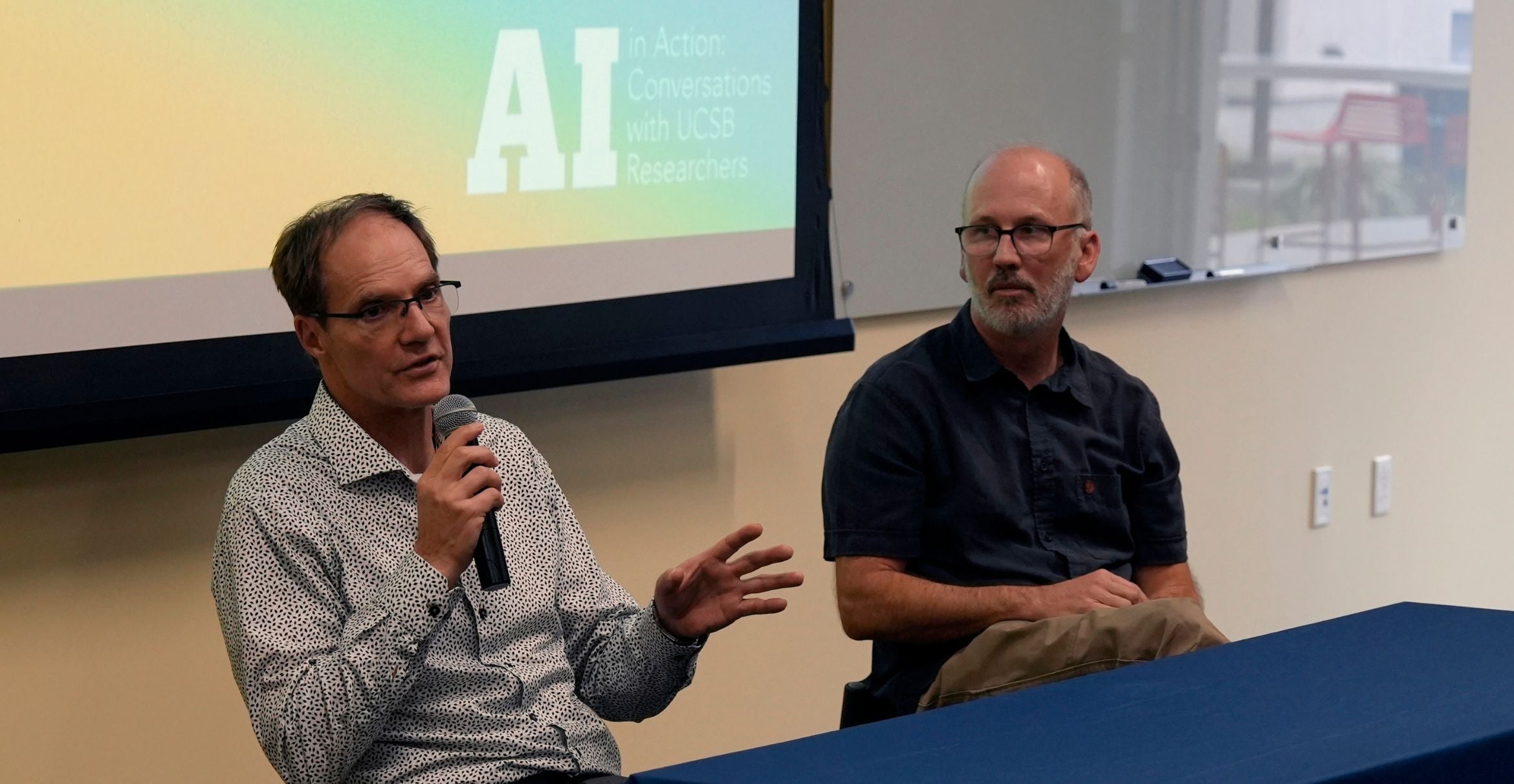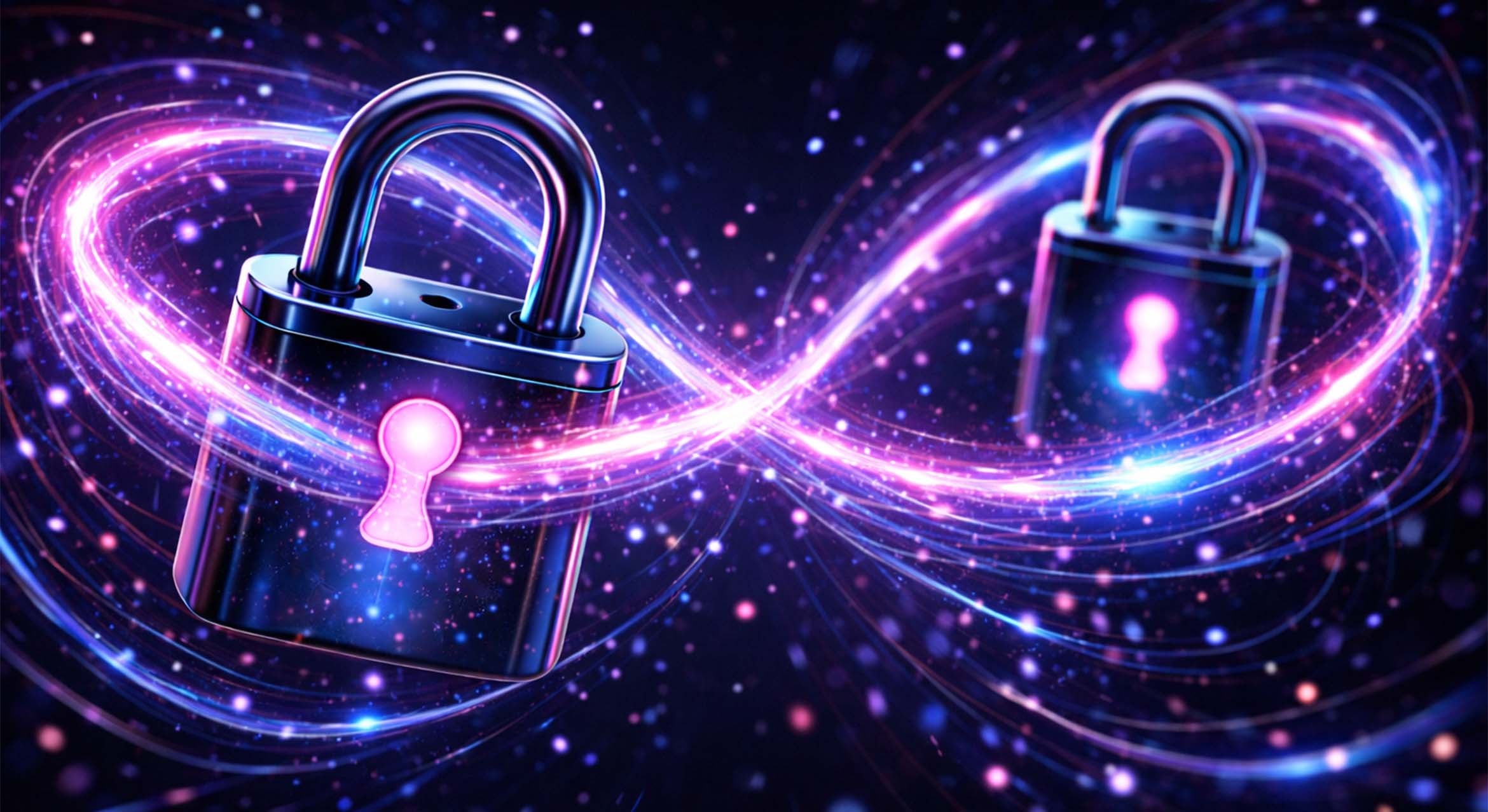
Cybersecurity in a Pandemic


With so much activity happening online amid the Covid-19 pandemic, experts say it’s more important than ever to secure your digital presence. In that vein, the UC system is hosting informative events throughout October, which marks National Cybersecurity Awareness Month (NCSAM).
“This year NCSAM is a little bit different in that there’s a large portion of it that’s virtual,” said Kip Bates, UC Santa Barbara’s associate chief information security officer. “All of the UCs have come together, and we have a calendar of events that are available to everybody across the whole UC system.”
The schedule includes all sorts of talks. Ric Messier at FireEye Mandiant will discuss cybersecurity and safety for families. UC Santa Barbara alumnus Chad Spensky, founder of Allthenticate, presented a brief history of passwords and the evolution of authentication. The events will also include a panel on women in cybersecurity, presentations from the FBI, and more.
UCSB IT plans to highlight multi-factor authentication this year. The practice is already familiar to many, such as when banks text a one-time code after a client attempts to log-in from a new device.
UC Santa Barbara is enabling multi-factor authentication for many critical applications. Servers, network gear and cloud-based administrator accounts will now require multi-factor authentication, as will UCPath come December. The current rollouts will affect only students employed by the university, said Sam Horowitz, the campus’s chief information security officer.
Zoom meetings and the UC Santa Barbara virtual private network (VPN) aren’t currently scheduled to incorporate multi-factor authentication, but Horowitz said it is coming in the future. For now, he said, Zoom meetings and class sessions can be secured using passcodes and the waiting room. More resources are available on the UCSB IT website, and Zoom’s Vanessa Moriarty will give a talk about the service’s security as well as some of its new features as part of the events this month.
This year, UCSB’s security extends beyond the confines of campus more than it usually does. “Since everybody is working from home or studying from home, they need to pay attention to the security of their home networks,” Horowitz said. This means ensuring that you have a strong Wi-Fi password and that your home router is updated.
Many home routers are supplied by internet service providers. However, if you purchased your own router, you need to update it yourself. “You should make sure that your router is still supported by security updates by checking with the router vendor,” Horowitz said. “If your router is no longer supported, you should consider getting a replacement.” For more information, contact the manufacturer or your internet service provider.
“Securing the internet and making it safer for everybody is not Sam’s job, and it’s not my job. It’s everybody’s job,” said Bates. “We all have a role to play in securing our devices, our computers, our networks. We’re all in charge of cybersecurity.”



